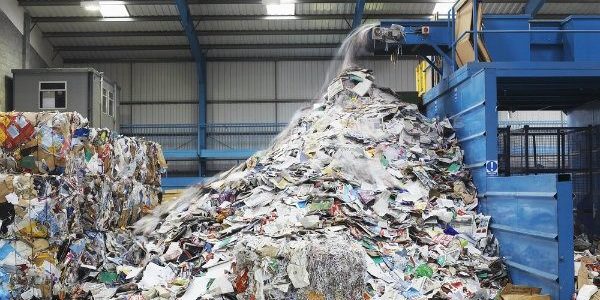ABSTRACT: The current experimental study included testing ten geopolymer concrete short columns and ten conventional concrete short columns under vertical axial loads. In addition, the behavior of the tested columns was studied in terms of ultimate load , cracking loads , modes of failure, toughness, stiffness and ductility at ambient temperature and elevated temperature of 3000C &5000C for exposure periods of 60 and 120 minutes. The effects of different variables were considered and experimentally investigated in the current study. The tested twenty columns reflected these variables which are the type and grade of concrete and the elevated temperature degree and the exposure duration. Each column was loaded to failure and some topics were covered through the analysis of the test results. In general , all columns made of geopolymer concrete showed lower ultimate carrying capacities, lower stiffness, lower ductility , and higher toughness values when compared with the conventional concrete control column. Geopolymer concrete columns influenced by exposure to elevated temperatures more than cement concrete columns especially in higher concrete grade. The current state of design provisions for columns from the Egyptian codes ECP203-2018, Euro code 2004 and ACI 318R-14 can predict the ultimate capacities of the tested geopolymer columns with responsible safety factor. For a better understanding the stress and strain behavior of the tested columns, a finite element model for both conventional and GPC columns was developed using standard finite element software (ANSYS 16.2). The results showed that there is satisfactorily differences with the experimental results.


